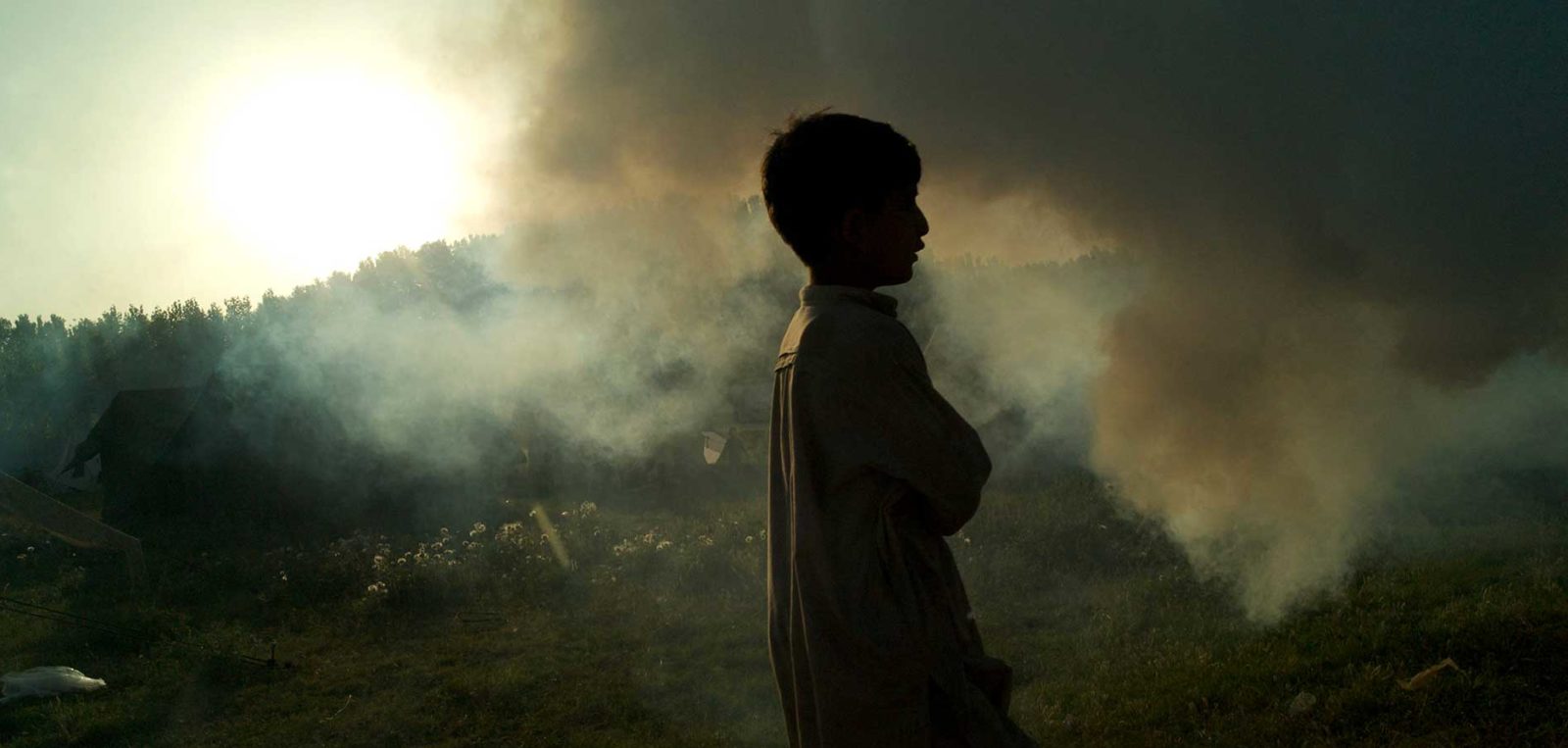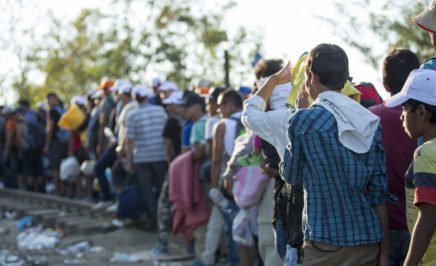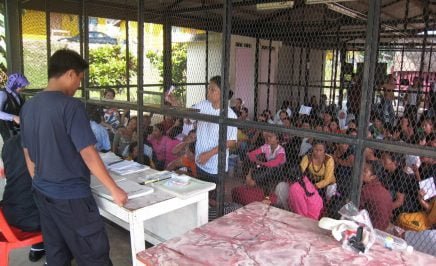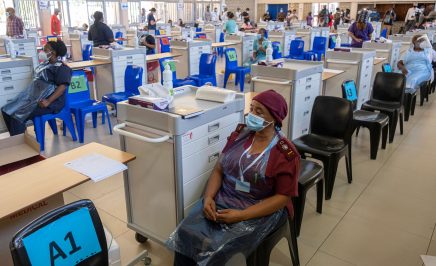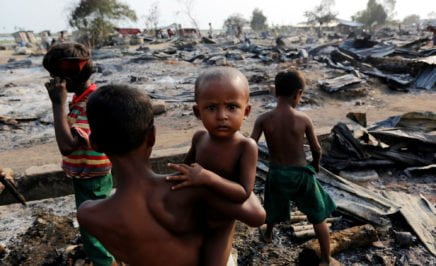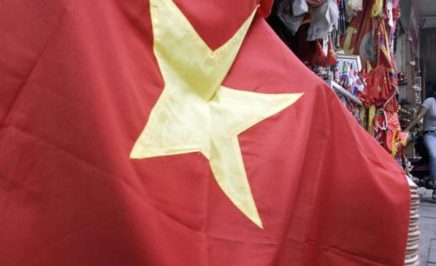Do you know the difference between a refugee and an asylum seeker? The most common refugee terminology explained.
Asylum seeker
An asylum seeker is an individual who is seeking international protection. In countries with individualised procedures, an asylum seeker is someone whose claim has not yet been finally decided on by the country in which he or she has submitted it. Not every asylum seeker will ultimately be recognised as a refugee, but every refugee is initially an asylum seeker.
Refugee
A refugee is a person who has fled their country of origin and is unable or unwilling to return because of a well-founded fear of being persecuted because of their race, religion, nationality, membership of a particular social group or political opinion.
Economic migrant
An economic migrant is someone who leaves his or her country of origin purely for financial and/or economic reasons. Economic migrants choose to move in order to find a better life and they do not flee because of persecution. Therefore they do not fall within the criteria for refugee status and are not entitled to receive international protection.
Resettlement
Resettlement is the transfer of refugees from the country in which they have sought refuge to another State that has agreed to admit them. The refugees will usually be granted asylum or some other form of long-term resident rights and, in many cases, will have the opportunity to become citizens. However, the number of resettlement places has decreased over the last couple of years, with a significant gap now existing between those identified by UNHCR in need of resettlement and the number of places being made available by states.
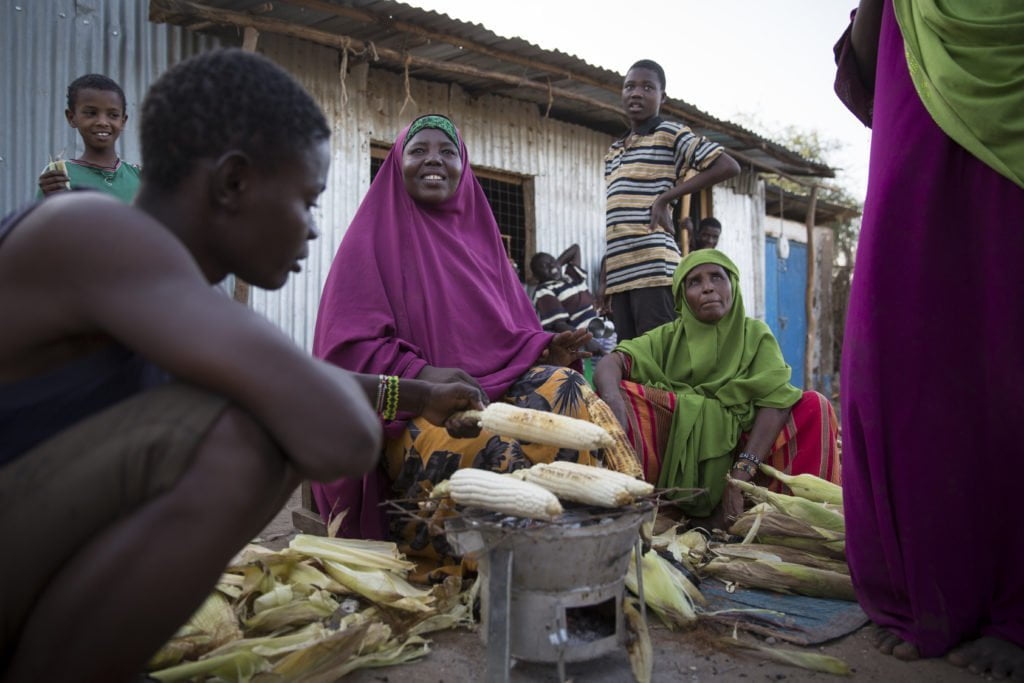
Stateless person
A stateless person is a person who, under national laws, does not have the legal bond of nationality with any State. Article 1 of the 1954 Convention relating to the Status of Stateless Persons indicates that a person not considered a national (or citizen) automatically under the laws of any State, is stateless.
Human rights
Human rights are agreed international standards that recognise and protect the dignity and integrity of every individual, without any distinction. Human rights form part of customary international law and are stipulated in a variety of national, regional and international legal documents generally referred to as human rights instruments. The most prominent of these are the Universal Declaration of Human Rights, the International Covenant on Civil and Political Rights, and the International Covenant on Economic and Social Rights.
Internal displacement
Internal displacement is the involuntary movement of people inside their own country. This movement may be due to a variety of causes, including natural or human-made disasters, armed conflict, or situations of generalized violence.
Protection
Protection is a concept that encompasses all activities aimed at obtaining full respect for the rights of the individual in accordance with the letter and spirit of human rights, refugee and international humanitarian law. Protection involves creating an environment conducive to respect for human beings, preventing and/or alleviating the immediate effects of a specific pattern of abuse, and restoring dignified conditions of life through reparation, restitution and rehabilitation.
Refugee Camp
A refugee camp is a plot of land temporarily made available to host refugees fleeing from an armed conflict in temporary homes. UN Agencies, particularly UNHCR, and other humanitarian organisations provide essential services in refugee camps including food, sanitation, health, medicine and education. These camps are ideally located at least 50 km away from the nearest international border to deter camp raids and other attacks on its civilian occupants.
UNHCR Mandate
The UNHCR Mandate is the role and functions of UNHCR as set forth in the UNHCR Statute and as elaborated in resolutions of the United Nations General Assembly. UNHCR’s mandate as declared in its Statute is to provide international protection and seek permanent solutions for refugees.
UNHCR has an additional mandate concerning issues of statelessness, as it is given a designated role under Article 11 of the 1961 Convention on the Reduction of Statelessness. The Office has also been requested by the General Assembly to promote the 1954 and 1961 statelessness Conventions, and to help prevent statelessness by providing to States technical and advisory services on nationality legislation and practice.
Source: UN High Commissioner for Refugees, UNHCR Master Glossary of Terms, June 2006.
People power works – how you can help
Amnesty advocates for those who urgently need safety and push governments to do their bit and put people first. We need to continue to be relentless in our fight for the fair and just treatment of refugees looking to Australia for help.
A more expansive humanitarian intake would make it possible for more families who have been split up by conflict and persecution to reunite.
Help us defend refugee rights:
- Donate today to help Amnesty keep up the pressure on the government and raise public awareness by funding our campaigning, research and casework
- Sign the petition calling on the government to raise Australia’s Refugee and Humanitarian intake
Amnesty International is a global movement of 10 million people standing up for justice, freedom and equality. Together, our voices challenge injustice and are powerful enough to change the world. Learn more about our Refugee Rights campaign.
